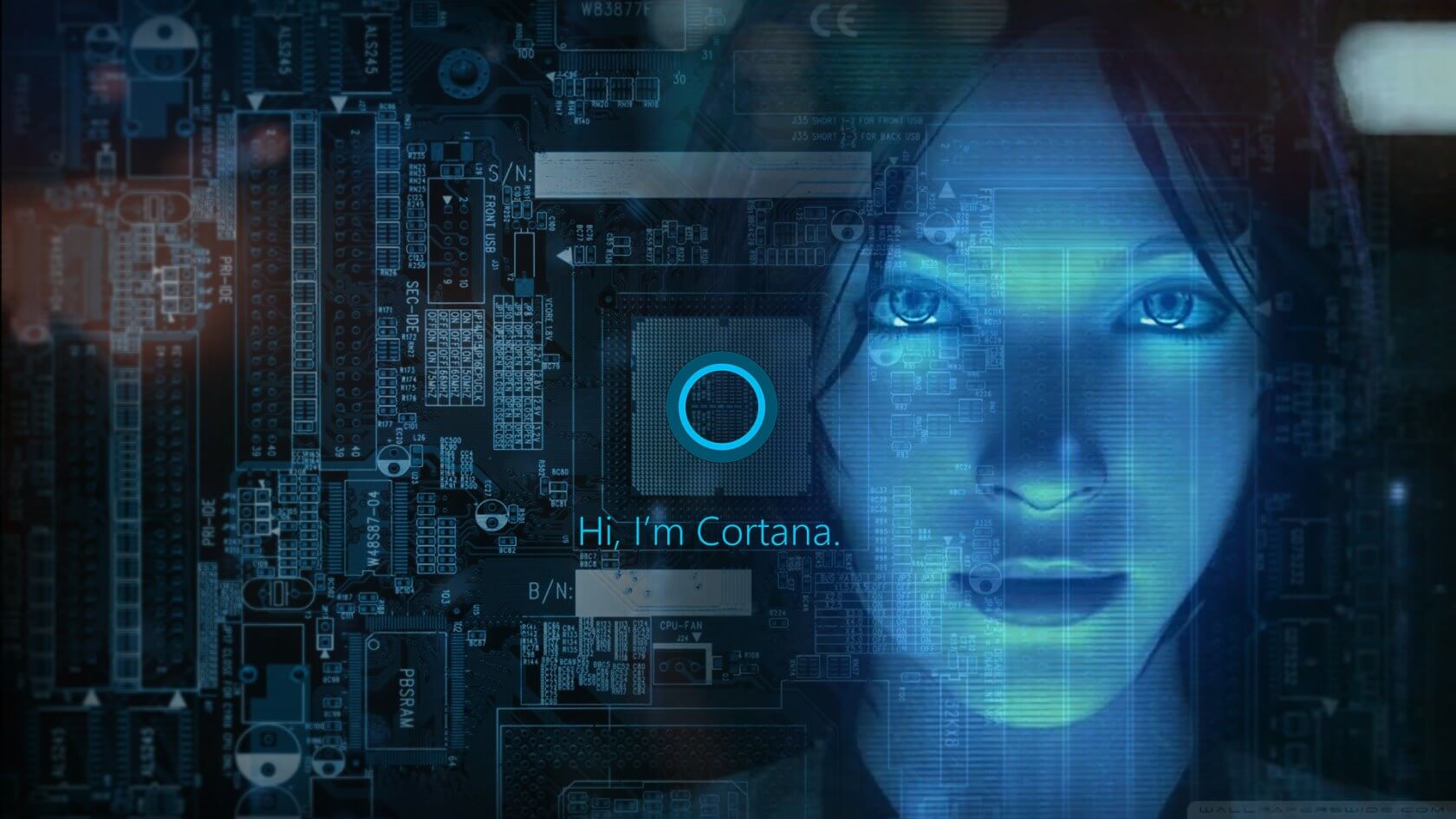Why it matters: Microsoft's decision to slowly extract Cortana from Windows 10 has plenty of individual benefits and gives the company the opportunity to promote the feature as a standalone app on more platforms rather than simply as a part of Windows 10.
Microsoft's virtual assistant may soon lose its residency in Windows 10. As highlighted by The Verge, Microsoft has added a standalone beta version of Cortana to the Windows Store that is now available to download and try.
The move suggests that Cortana may not always come built into Windows 10. By detaching itself from Windows, Microsoft can presumably update and add new features to Cortana at a swifter rate that is less disruptive to the Windows 10 ecosystem as a whole. It also allows Microsoft to promote Cortana independently rather than simply as a feature of its operating system.
Having a standalone Cortana app could also cut down on pre-installed clutter in Windows 10, leading to a leaner installation for those that don't use the digital assistant.
Microsoft at its Build conference last month demonstrated enhancements coming to Cortana courtesy of tech acquired from Semantics Machines, the natural language startup it acquired in 2018. The idea is to make conversations with Cortana feel more natural, like talking with a real person.
Apple announced similar improvements for Siri at WWDC 2019, making the assistant sound better than ever via neural text-to-speech technology.
